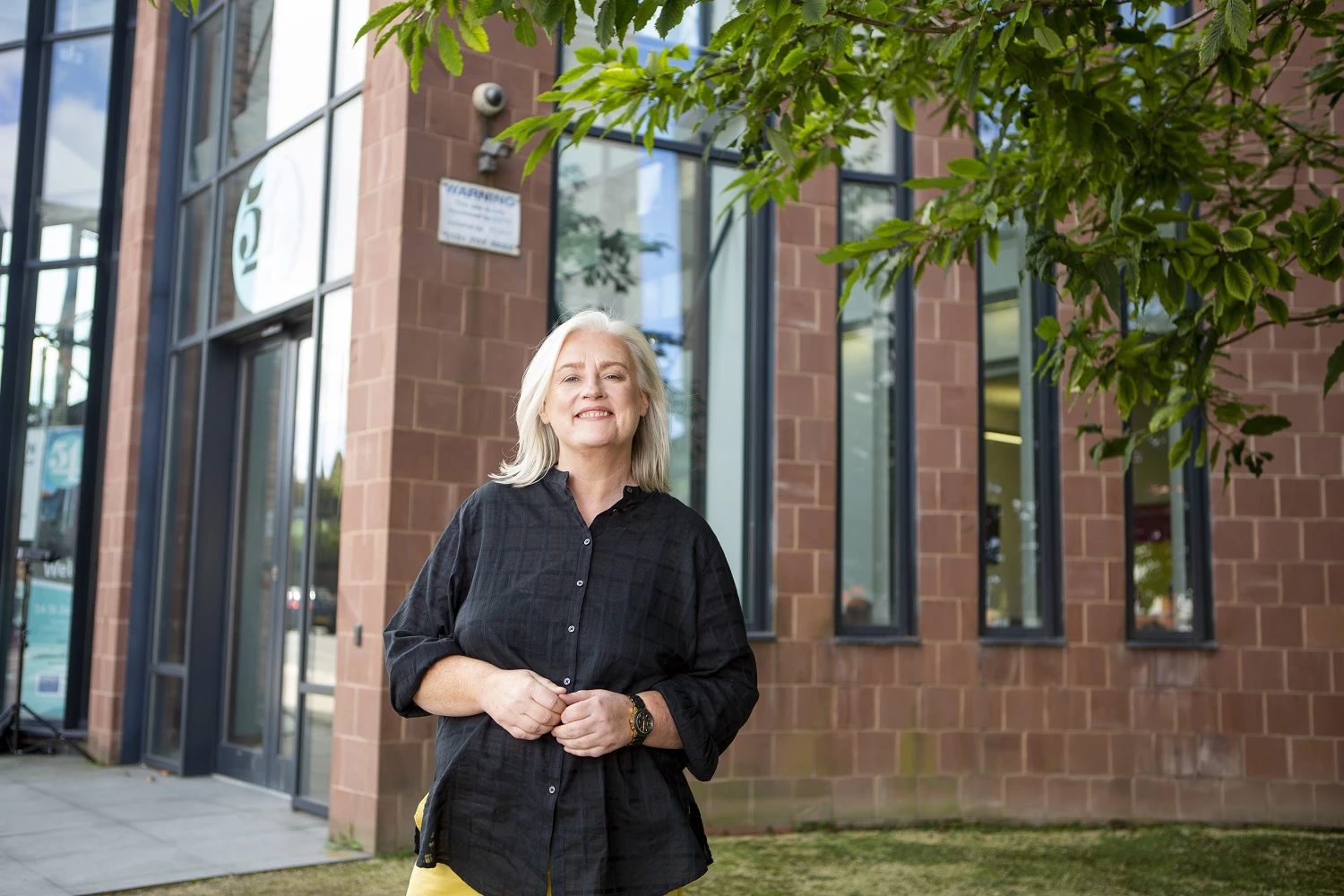
Partner Article
A recovery plan to ‘build back different’ for a greener, fairer, and thriving Liverpool City Region
A new report is offering a fresh approach to build back not only better, but different, to create a more sustainable and inclusive economy.
The ‘Rethinking the Economy for an Inclusive and Sustainable Future’ research report has launched today (8 October).
It offers an innovative and evidenced-based set of priorities on how Liverpool City Region and the UK can harness its economic potential and overcome the challenges presented by COVID-19 to create a more equal, greener, fairer, and thriving economy.
The report highlights and recommends action and investment on four specific priority sectors, which it says present unique opportunities to accelerate the region’s recovery: the social economy, the self-employed and micro businesses, the care sector, and the green economy.
Drawing on a comprehensive research data set, combined with “on the ground” experience of business and communities, the report provides insights into how the global Coronavirus pandemic has impacted the Liverpool City Region’s economy, business ecosystem, and the people at the heart of its communities and presents a road map to achieve an inclusive and more equitable economic recovery.
Published by leading social enterprise, The Women’s Organisation, in conjunction with academic advisor Professor Tom Cannon, the report emphasises that priorities should also be to embed inclusivity, diversity, and gender equality within these sectors and that there should be a shift in reimagining how we measure economic wealth.
It shines a light on how challenges faced by specific marginalised groups of society - including BAME people, women, and disabled people - have been deepened by the pandemic, and that due to pre-existing inequalities, different members of the community are experiencing unparalleled socio-economic crises differently and often disproportionately.
Maggie O’Carroll, CEO of The Women’s Organisation, says: “It is essential that any economic recovery plan considers and places a firm emphasis on doing things differently and focusing on areas that will be transformational and produce economic and social gains.
“Failure to do so will only serve to delay the recovery, widen existing inequalities, and entrench them even further, which would be a socio-economic disaster on a regional and national scale.”
O’Carroll is also quick to emphasise that the immediate crisis is far from over and we must keep the local and national lens on the immediate crisis, whilst planning for local and national economic recovery.
Emeritus Professor Tom Cannon, The University of Liverpool, says: “This report addresses the impact of COVID-19 on the Liverpool City Region and its business ecosystem in a thoughtful, systematic, and solidly empirical way. Crucially, it has the courage to look forward creatively not only at the challenges but at the opportunities facing the local economy.
“The report presents a solid case for moving forward on two interconnected levels. First dealing with the continuing threat of Covid. Second building an economy based on; widening opportunities as happened after the last recession, rethinking ways of organising business, exploiting new opportunities notably the green and knowledge economy. Its core strength lies on practical proposals for action while avoiding blame and the backward look seen too often elsewhere.
“The report merits close attention by every policy maker in the City Region and beyond, reflecting The Woman’s Organisation and the City Region’s determination to move forward, aware that good business is good business looking forward.”
Cllr Janette Williamson, Leader of Wirral Council, says: “This report offers up an innovative and much-needed fresh take on building back not only better, but different, to create a truly sustainable and inclusive regional economy – particularly in terms of re-positioning the care sector as a key priority sector, essential to both our economy and communities.
“The scale and nature of investment called for in this report is long over-due and targeting areas such as care and social enterprise makes good economic sense and will achieve enormous return on investment. Here at Wirral Council we see how important investing in the care sector is and we were the first across the Liverpool City Region to implement the real living wage for care workers. I am delighted to add my support to this report and would urge colleagues across the City Region to seriously consider the recommendations it makes.”
This was posted in Bdaily's Members' News section by Sarah Brown .








 Raising the bar to boost North East growth
Raising the bar to boost North East growth
 Navigating the messy middle of business growth
Navigating the messy middle of business growth
 We must make it easier to hire young people
We must make it easier to hire young people
 Why community-based care is key to NHS' future
Why community-based care is key to NHS' future
 Culture, confidence and creativity in the North East
Culture, confidence and creativity in the North East
 Putting in the groundwork to boost skills
Putting in the groundwork to boost skills
 £100,000 milestone drives forward STEM work
£100,000 milestone drives forward STEM work
 Restoring confidence for the economic road ahead
Restoring confidence for the economic road ahead
 Ready to scale? Buy-and-build offers opportunity
Ready to scale? Buy-and-build offers opportunity
 When will our regional economy grow?
When will our regional economy grow?
 Creating a thriving North East construction sector
Creating a thriving North East construction sector
 Why investors are still backing the North East
Why investors are still backing the North East